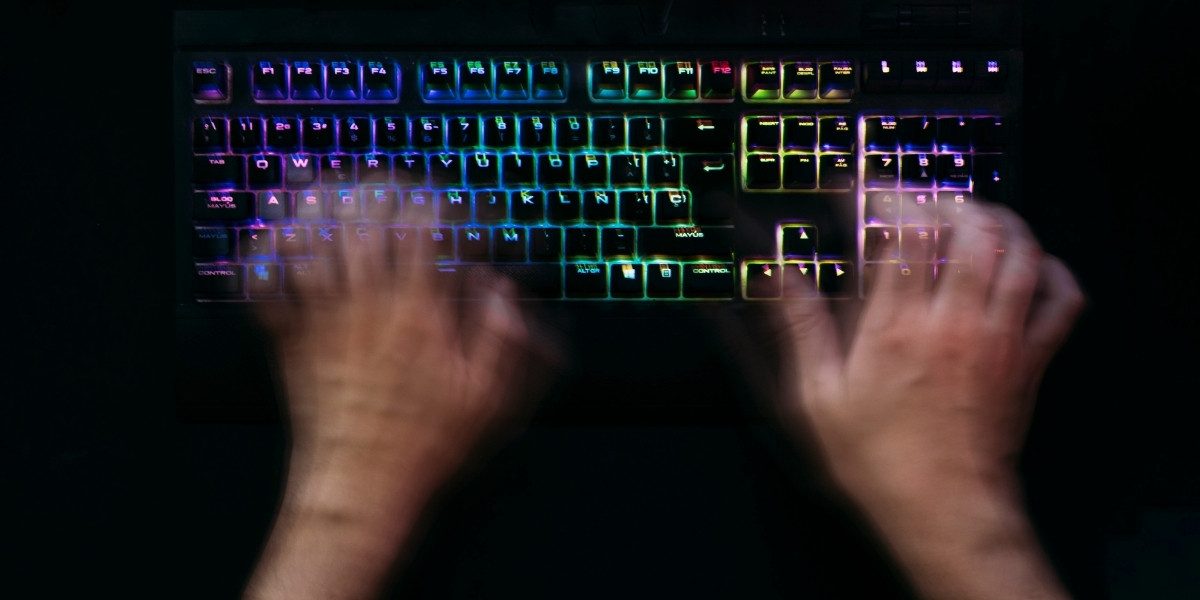The rise of the internet has transformed communication, connecting people across the globe. Yet, alongside the benefits, it has also fostered new challenges. Among them is the emergence of the “keyboard warrior”—individuals who express aggression, hostility, or extreme opinions through online platforms. This phenomenon influences digital discourse profoundly, shaping how conversations unfold and how communities engage with each other.
Read Also: AI and Cybersecurity: Strengthening Online Safety
What Defines a Keyboard Warrior?
A keyboard warrior typically refers to someone who uses the anonymity and distance of the internet to post aggressive, confrontational, or provocative messages. Unlike face-to-face interactions, the online environment often reduces social cues like tone, body language, and immediate consequences. This can embolden individuals to behave in ways they might avoid in person. Keyboard warriors can appear in comment sections, forums, social media, and other digital spaces. Their motivations vary—ranging from genuine passion to frustration, boredom, or even the desire for attention. Understanding who these individuals are is key to addressing the broader impacts of online aggression.
Anonymity is a double-edged sword. It provides users the freedom to express themselves without fear of judgment or reprisal. For some, this is a vital outlet for marginalized voices or controversial opinions. However, it also reduces accountability, enabling harmful behavior without direct consequences. This shield of invisibility can encourage more extreme language, personal attacks, and misinformation. Keyboard warriors may feel detached from the impact of their words, leading to escalation and toxicity within online communities.
What Are the Psychological Drivers Behind Keyboard Warrior Behavior?
Psychological research suggests several factors contribute to online aggression. The online disinhibition effect explains how anonymity lowers inhibitions, increasing impulsive or hostile behavior. Feelings of powerlessness or social isolation in real life may lead some to seek control or recognition through aggressive online personas. Additionally, group dynamics and social identity play roles. Keyboard warriors often rally within like-minded communities, where shared beliefs validate confrontational styles. Echo chambers amplify extreme views, reducing empathy for opposing opinions and escalating conflict.
The presence of aggressive participants can profoundly alter online conversations. It may deter genuine users from sharing views, leading to self-censorship. Constructive debate gives way to conflict, frustration, and division. Discussions become less about exchange and more about dominance. In extreme cases, keyboard warriors contribute to harassment campaigns, misinformation spread, and the erosion of trust in digital spaces. Their actions challenge platforms’ efforts to foster safe, inclusive, and respectful environments.
What Strategies Exist to Mitigate Online Aggression?
Addressing keyboard warrior behavior requires multifaceted approaches. Platforms employ moderation tools, community guidelines, and artificial intelligence to detect and remove harmful content. Education about digital citizenship and empathy promotes healthier interactions. Encouraging transparency and reducing anonymity can increase accountability. Some suggest verified identities or reputation systems. However, balancing freedom of expression with regulation remains a complex challenge.
Individuals can take steps to manage exposure to keyboard warriors. Setting boundaries, utilizing privacy settings, and reporting abusive content help maintain personal well-being. Engaging in supportive communities and fostering respectful dialogue contribute to healthier online experiences. Awareness of emotional responses is vital. Avoiding escalation, taking breaks, and seeking offline support reduce the negative impact of hostile interactions.
Read Also: Best Tips for Optimizing Your Gaming Hardware
What Does the Keyboard Warrior Phenomenon Reveal About Society?
The behavior of keyboard warriors mirrors broader social tensions, anxieties, and the struggle for identity in a digital age. It reflects how technology can amplify both positive and negative aspects of human nature. The phenomenon underscores the importance of empathy, responsibility, and critical thinking in online spaces. Understanding this dynamic encourages society to create digital cultures that value dialogue, respect, and inclusivity—essential components for a healthy public sphere.
As technology evolves, so do the challenges of managing online aggression. Emerging tools like advanced content filtering, digital literacy programs, and community-driven moderation show promise. Yet, the fundamental human behaviors underlying keyboard warrior actions remain. The future of digital discourse will depend on balancing innovation with ethical considerations, fostering environments where voices are heard without harm. Recognizing the complexity of online aggression is the first step toward cultivating healthier, more constructive communication.






